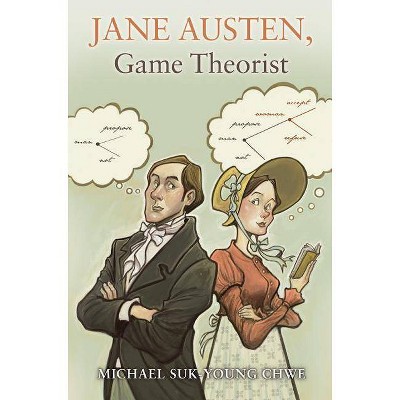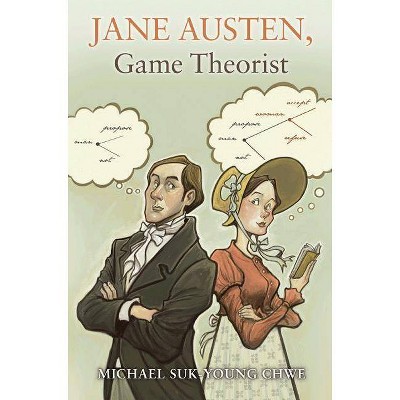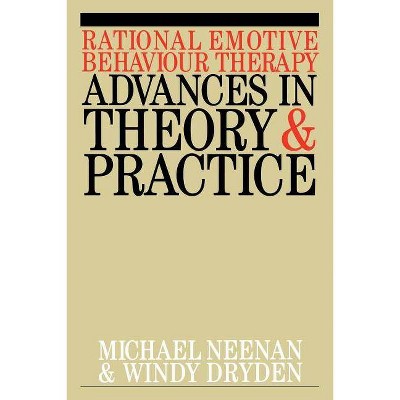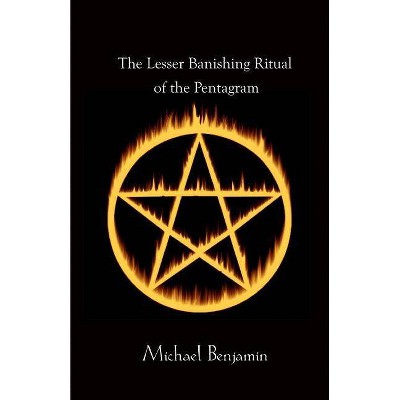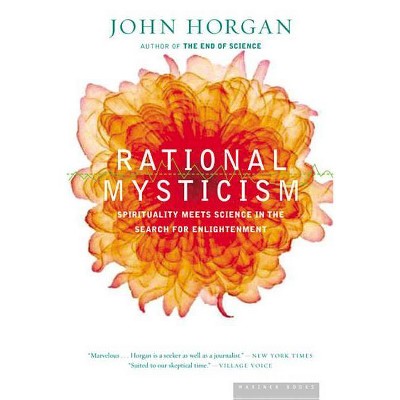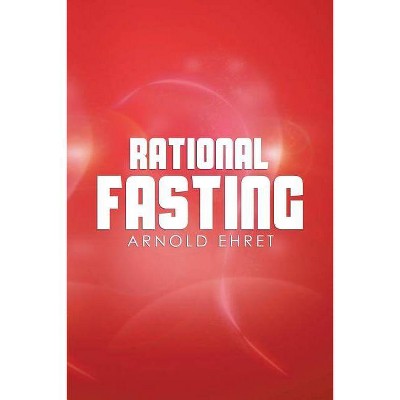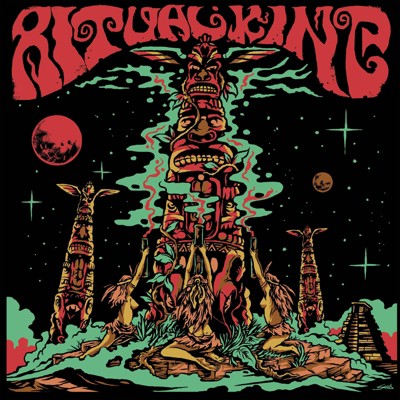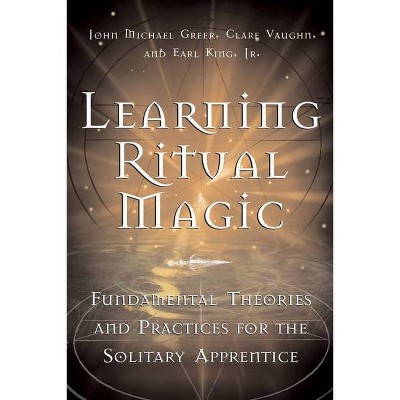Rational Ritual - by Michael Suk-Young Chwe (Paperback)
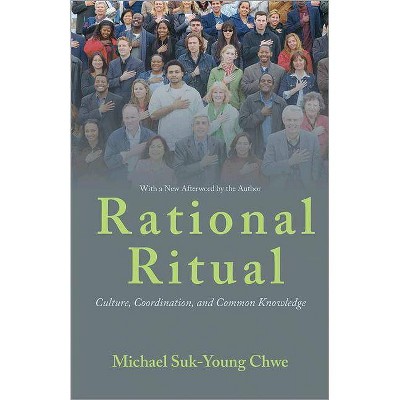
Similar Products
Products of same category from the store
AllProduct info
<p/><br></br><p><b> Book Synopsis </b></p></br></br><p>Why do Internet, financial service, and beer commercials dominate Super Bowl advertising? How do political ceremonies establish authority? Why does repetition characterize anthems and ritual speech? Why were circular forms favored for public festivals during the French Revolution? This book answers these questions using a single concept: common knowledge. <p/> Game theory shows that in order to coordinate its actions, a group of people must form common knowledge. Each person wants to participate only if others also participate. Members must have knowledge of each other, knowledge of that knowledge, knowledge of the knowledge of that knowledge, and so on. Michael Chwe applies this insight, with striking erudition, to analyze a range of rituals across history and cultures. He shows that public ceremonies are powerful not simply because they transmit meaning from a central source to each audience member but because they let audience members know what other members know. For instance, people watching the Super Bowl know that many others are seeing precisely what they see and that those people know in turn that many others are also watching. This creates common knowledge, and advertisers selling products that depend on consensus are willing to pay large sums to gain access to it. Remarkably, a great variety of rituals and ceremonies, such as formal inaugurations, work in much the same way. <p/> By using a rational-choice argument to explain diverse cultural practices, Chwe argues for a close reciprocal relationship between the perspectives of rationality and culture. He illustrates how game theory can be applied to an unexpectedly broad spectrum of problems, while showing in an admirably clear way what game theory might hold for scholars in the social sciences and humanities who are not yet acquainted with it. <p/> In a new afterword, Chwe delves into new applications of common knowledge, both in the real world and in experiments, and considers how generating common knowledge has become easier in the digital age.</p><p/><br></br><p><b> From the Back Cover </b></p></br></br><p>"Accessible to all readers. . . . [T]he book's aim of understanding social systems through a combination of game theory and history provides substantial insight."<b>--Masahiro Aoki, Asahi Shimbun, Tokyo</b></p><p>"This is a very compelling and original work. It is the best conceptual book I have read in economics in several years. It will have an immediate and enthusiastic readership in the social sciences and will make Chwe's name as an important thinker."<b>--Tyler Cowen, George Mason University</b></p><p>"<i>Rational Ritual</i> is engaging, well organized, and well written. It brings together the tools of game theory and the issues posed within a wide variety of areas of contemporary social theory to address an important problem. Students and scholars in diverse academic disciplines--including political science, sociology, anthropology, and some areas of cultural studies--will find the book both relevant and accessible."<b>--David Ruccio, University of Notre Dame</b></p><p/><br></br><p><b> Review Quotes </b></p></br></br><br>A welcome addition. . . . <i>Rational Ritual</i> . . . can be understood and enjoyed by almost anyone interested in human interaction.<b>---Vincent P. Crawford, <i>Journal of Economic Literature</i></b><br><br>An innovative and broad-ranging book.<b>---Alfred Stepan, <i>Comparative Politics</i></b><br><br>Chwe's work contains a gem of an idea. . . . The originality of Chwe's thinking, and his courage in stepping over the boundaries of academic disciplines, deserve admiration.<b>---Tilman Börgers, <i>Economica</i></b><br><br>Communal activities, with lots of emotional and symbolic content . . . serve a rational purpose, argues Michael Suk-Young Chwe. . . . [His] work, like his own academic career, bridges several social sciences.<b>---Virginia Postrel, <i>New York Times</i></b><br><p/><br></br><p><b> About the Author </b></p></br></br><b>Michael Suk-Young Chwe</b> is Associate Professor of political science at the University of California, Los Angeles and author of <i>Jane Austen, Game Theorist</i> (Princeton).
Price History
Cheapest price in the interval: 16.99 on November 8, 2021
Most expensive price in the interval: 16.99 on December 20, 2021
Price Archive shows prices from various stores, lets you see history and find the cheapest. There is no actual sale on the website. For all support, inquiry and suggestion messagescommunication@pricearchive.us
